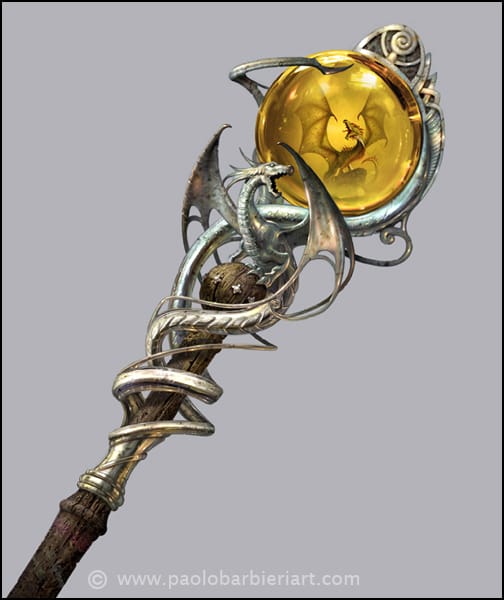I read in both Arabic and English. Some books are very hard for me to grasp, so I find a translated copy and read it in Arabic. For example, I’m currently reading “the Count of Monte Cristo”. It Has some old English that gets me confused a lot, even though I have a Kobo where I can just press and hold on a word to translate it, but still, the storyline as a whole got confusing, so I read it in Arabic. Much better. I’d love to hear from folks here :)
I read in Spanish because it is the language I am most proficient in. Sometimes, I also read in Catalan.
I read in English and am learning Spanish, so I’m starting to read in Spanish also
Man, I want to learn Spanish as a 3rd language, too, but not have the time. Any extra time I have now, I read the ton of books I have lined up.
Once you learn a language enough that you can read a book (with the help of dictionary), it becomes much quicker and fun to get better in it.
What books? I love the count of Monte Cristo
English and spanish for me.
If the original is in Portuguese, Italian or English, I’m probably reading the book in the original.
If it’s in Latin or German, I try to read it in the original, and then if I feel like I’m not up to the task I revert back to one of the first three. (For example: I can read Caesar in Latin just fine, but I’m not reading Cicero.)
If it’s in any other language, I’ll read it in whichever language I found a good translation for.
Holy moly, how many languages do you know? 😂
From three to seven, depending on how proficient one needs to be in a language to “speak” it. (The other two that I didn’t mention are Venetian and Spanish. Counting either feels like cheating though - I’m mostly transposing knowledge from Portuguese and Italian into those two, although I did have some exposure to Venetian as a kid.)
Most books I read are in English, but some are in German, my native tongue.
Which do you understand more? For me, it’s in Arabic, but I’ve recently found out something funny. Some Arabic words that are not originally Arabic and have been translated don’t make much sense. So, when I search their meaning in English, they make more sense. I find it funny and fascinating, too.
That depends on the topic. While German is my native language, there are some areas in my vocabulary where I actually only know the English words, but have no idea of their German equivalent.
The Count of Monte Cristo was a slog. Phenomenal book, I’m so glad I read it, and will never read it again. I’m a native English speaker with a fairly robust vocabulary and it was still painful for me at times, since I needed to look up words so often. Don’t feel bad for needing a translation!
Mental fatigue is what I’m looking for. Thank you
In my experience, many translations suck hard, to the point of, having on occasion compared different language versions of a novel, wondering how can readers of the translated version understand certain passages at all… So, I also try to read in the original if possible, if it is Portuguese, Spanish, French, English or Esperanto. I can kinda understand Italian as well but not enough to read a full-length novel… Still learning German…
I have been on the hunt for more children’s books written in Ukrainian since I’m learning the language currently. It’s a far lower barrier to entry than full length stories!






